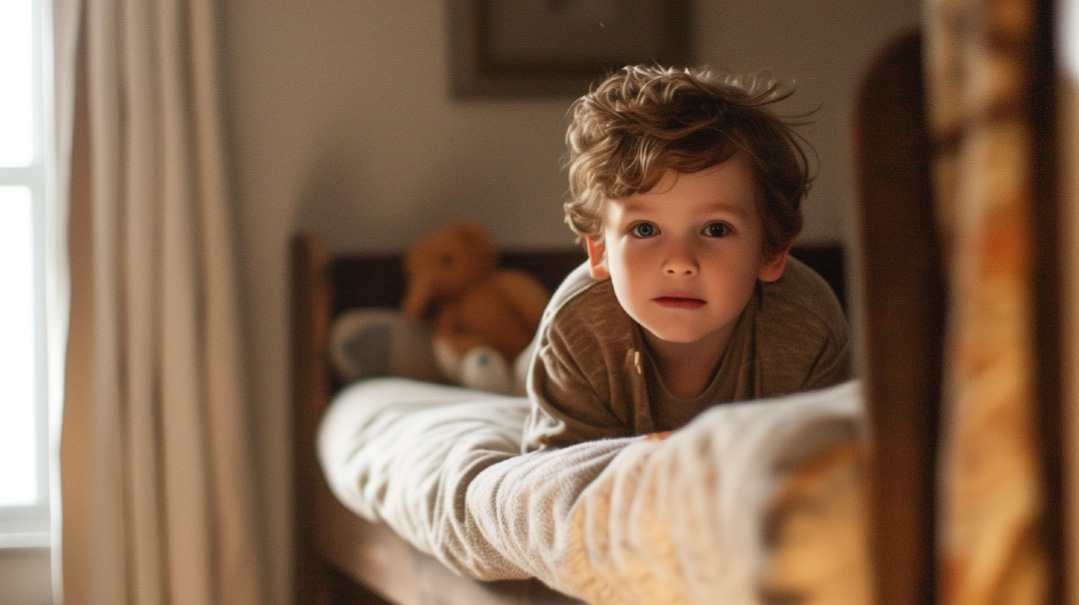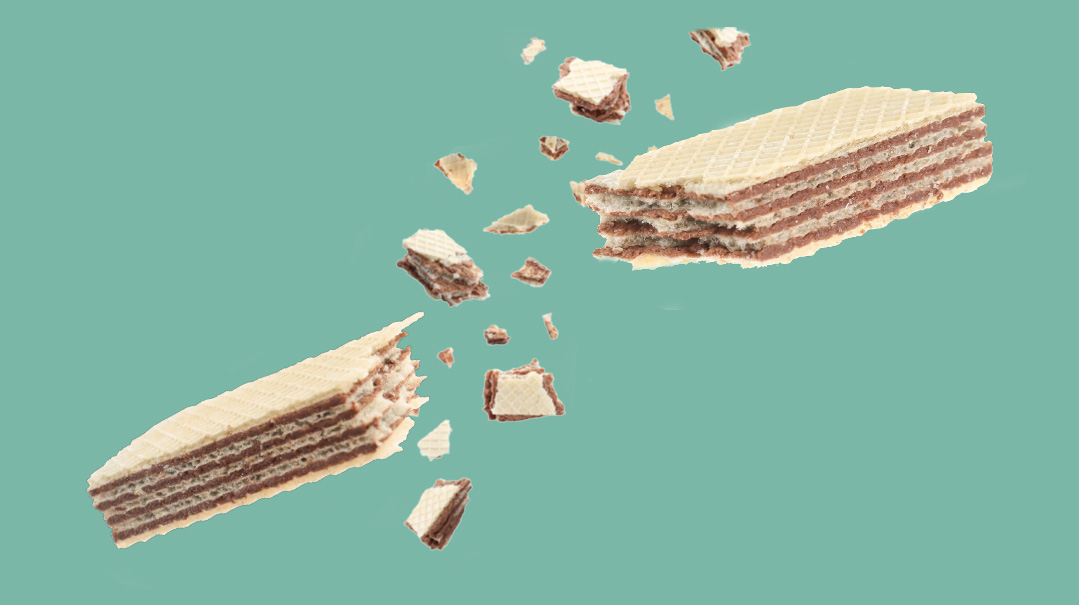Our Covenant

“Abby’s not giving the baby a bris — Heidi told me”

“Abby had a baby boy,” my mother mentioned over the phone a few weeks ago.
“Mazel tov!” I replied. I hadn’t seen my second cousin in years and was happy to hear the news.
Had I tuned into the uneasiness in my mother’s voice, maybe I wouldn’t have been so shaken by the bombshell she dropped next: “Abby’s not giving the baby a bris — Heidi told me.”
I was standing there in my kitchen, midway through making dinner, but I felt like I’d suddenly been flung back in time.
My father and Heidi, who is Abby’s mother, are first cousins. They grew up together, but as adults, their paths diverged — my father stayed in the Five Towns and married my mother; Heidi moved up to the country with her husband, Howie.
Growing up, our family would visit Heidy, Howie, and their kids once or twice a year, sometimes on the way home from visiting day at camp. Before we walked into their house, my mother would pull us aside and whisper, “Don’t eat anything unless you ask me first.”
Their house, like the cousins, was full of character and energy. It was a long rambling ranch set on a huge piece of property; the walls were covered with family photos and homemade crafts. I was once stung by a bee in their garden, and I remember how Heidi ran to slap fresh wet mud on my hand to soothe the pain.
As kids, it made no difference if a year had passed since we’d last seen our cousins — we simply picked up right where we left off, most of the time with a lively game of tap tap treeo or hide-and-seek. We’d race after each other through the house, sidestepping the blind dog that roamed around just like in a storybook.
Abby, the cousin closest to my age, was a tall brunette. She could run fast and was on her school’s track team. She was artsy like her mother — I remember she once slept over at our house and gave me a beaded bracelet that she made.
As we grew older, our paths didn’t cross as much. My siblings and I left for seminary or yeshivah; the cousins went off to college. Now I tried to remember when I’d last seen Abby. Had she been at my wedding? I wasn’t sure.
Later that night, I told my husband about Abby, and he urged me to call her. I initially resisted because I am not the type: kiruv is nowhere on my résumé (I’m a nurse), and I also consider myself a live-and-let-live kind of person. But I do believe that devarim hayotzim min halev nichnasim el halev, and besides, Abby is too nice to hang up on me. So despite all my hesitations, I mustered up the courage and picked up the phone to call her.
“Abby! Mazel tov!” I started, practically stumbling over the words. “How are you feeling? How’s the baby?”
“Really good! So tired, but you know how it is.”
We went back and forth like that for a minute or two as I davened for the right words.
I told her about the importance of bris milah; the covenant between Hashem and the Yidden. How it’s been done since the time of our forefathers. It’s the way a Jew was defined and identified throughout history. I reminded her that our shared great-grandmother, Avigail, her namesake, was a strong Jewish woman who raised our respective grandfathers on her own. I rambled on about how she did hard things her whole life and this would make our great-grandmother proud.
When Abby expressed reservations about finding a mohel who lived near her, I assured her that the mohel we used would happily come to her house to perform the mitzvah.
“I don’t even have to come,” I joked. “Really, Abby, you don’t have to do a whole bagel thing. It can be just you and your husband.”
Was I begging? I felt like I was. She told me she would discuss it with her husband and get back to me. In the meantime, I emailed her literature on bris milah that I found on Aish’s website.
A few days later, Abby called me back.
“I’m really touched that you cared so much to call… but we decided we’re not going to do it,” she said, a slightly regretful twinge in her voice. “We’re not comfortable with it, and we feel the hospital circumcision was adequate.”
My heart sank. Giving a bris is one of the most foundational things we do as Jewish parents. My friends and I don’t even attend each others’ sons’ brissim because we take it for granted. It’s how we Jews do things, and it’ll never stop. But here it did. With my cousin.
Afterward, I found out that giving a traditional bris milah isn’t a given in the secular Jewish world. Today, it’s looked at as very traditional.
My goal was to convince Abby, a Jewish mother I love, to give her son a bris. I failed. Still, I don’t believe the call was for nothing because it can’t be all or nothing. I keep telling myself that effort counts, and we don’t know what the end results will be, or if we’ll ever see them in This World.
Who knows? Maybe one day Abby will be talking to her grown son and she’ll say, “I remember when you were born and my religious cousin called because she wanted me to give you a bris.”
Why? his beating heart will wonder, and maybe even ask.
(Originally featured in Family First, Issue 848)
Oops! We could not locate your form.







